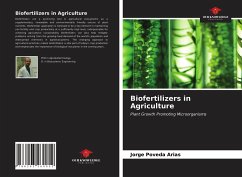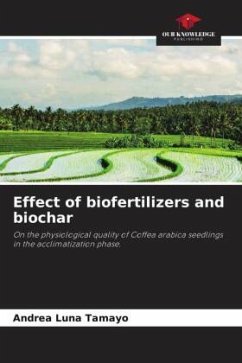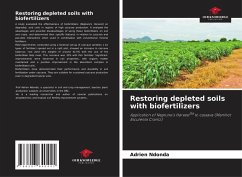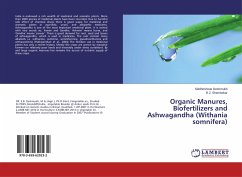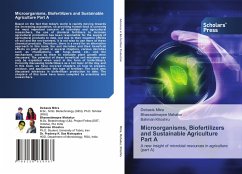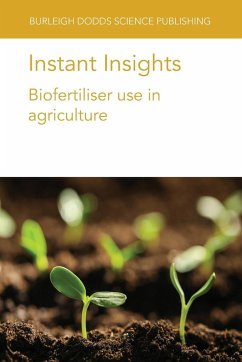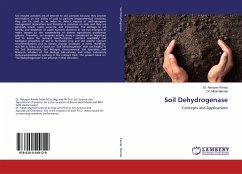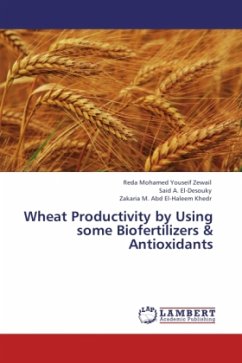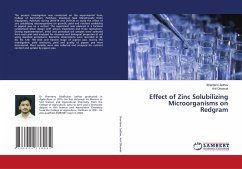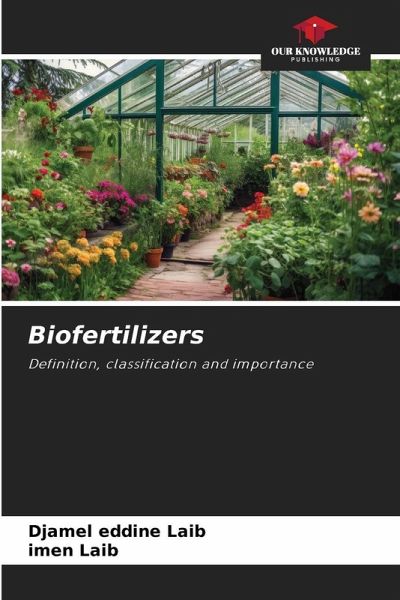
Biofertilizers
Definition, classification and importance
Versandkostenfrei!
Versandfertig in 6-10 Tagen
29,99 €
inkl. MwSt.

PAYBACK Punkte
15 °P sammeln!
Biofertilizers are ecological alternatives to chemical fertilizers, derived from plant, animal or microbial matter and applied after partial or complete decomposition. Free of heavy metals and toxic residues, they are part of a sustainable agriculture approach. Long used in traditional agricultural systems, they improve soil health and crop productivity.In addition to providing nutrients, they promote soil aggregation, limit erosion, restore organic matter and help degrade pollutants through microbial action. They also stimulate beneficial micro-organisms, boosting biological activity and nutr...
Biofertilizers are ecological alternatives to chemical fertilizers, derived from plant, animal or microbial matter and applied after partial or complete decomposition. Free of heavy metals and toxic residues, they are part of a sustainable agriculture approach. Long used in traditional agricultural systems, they improve soil health and crop productivity.In addition to providing nutrients, they promote soil aggregation, limit erosion, restore organic matter and help degrade pollutants through microbial action. They also stimulate beneficial micro-organisms, boosting biological activity and nutrient cycles.Physically, they improve soil porosity, water retention and aeration, essential for root development. Chemically, they increase the availability of major nutrients (nitrogen, phosphorus, potassium) and trace elements.This book explores their types, mechanisms of action, benefits and practical applications in sustainable agriculture.



